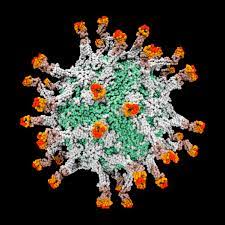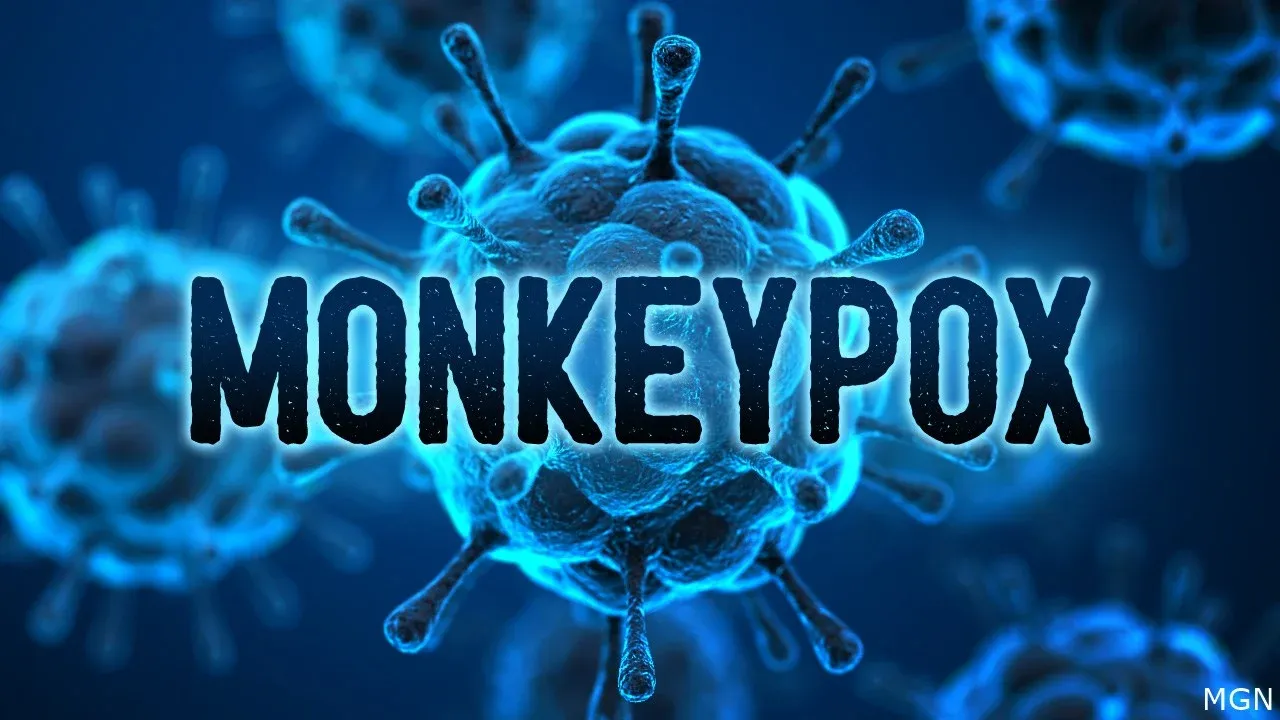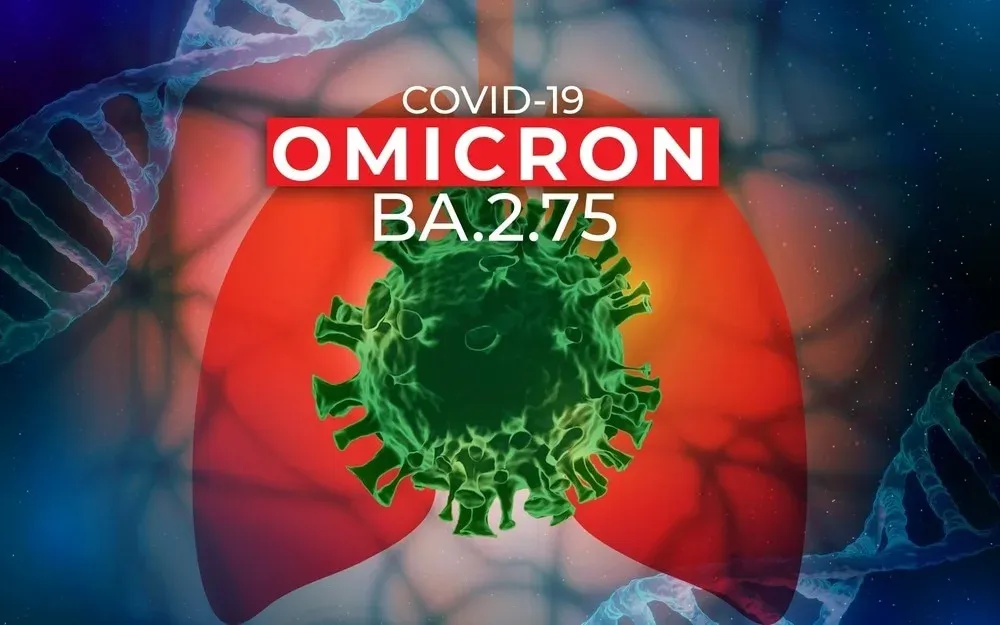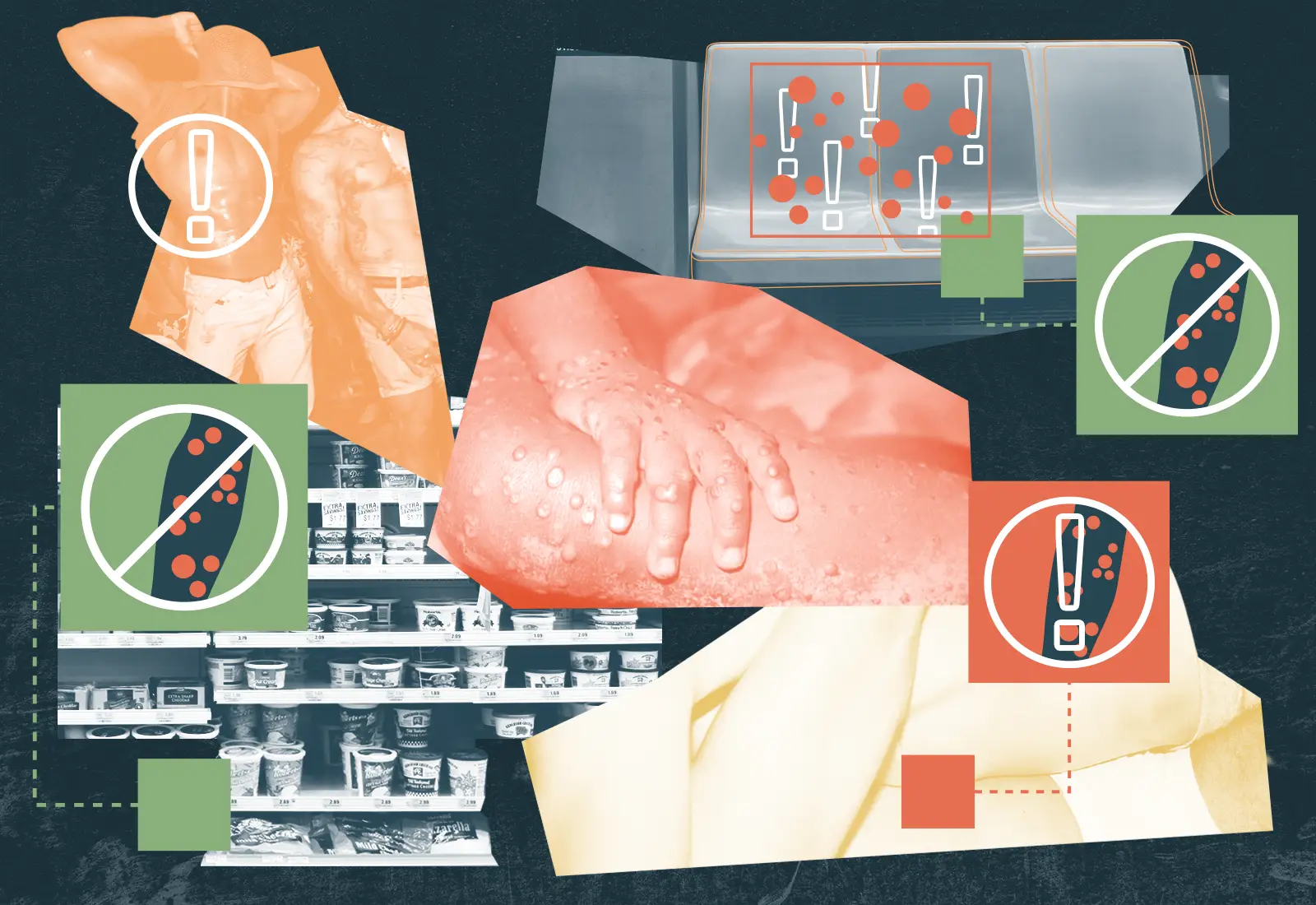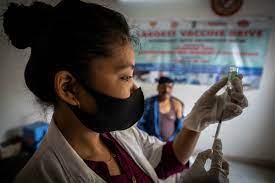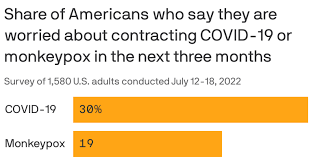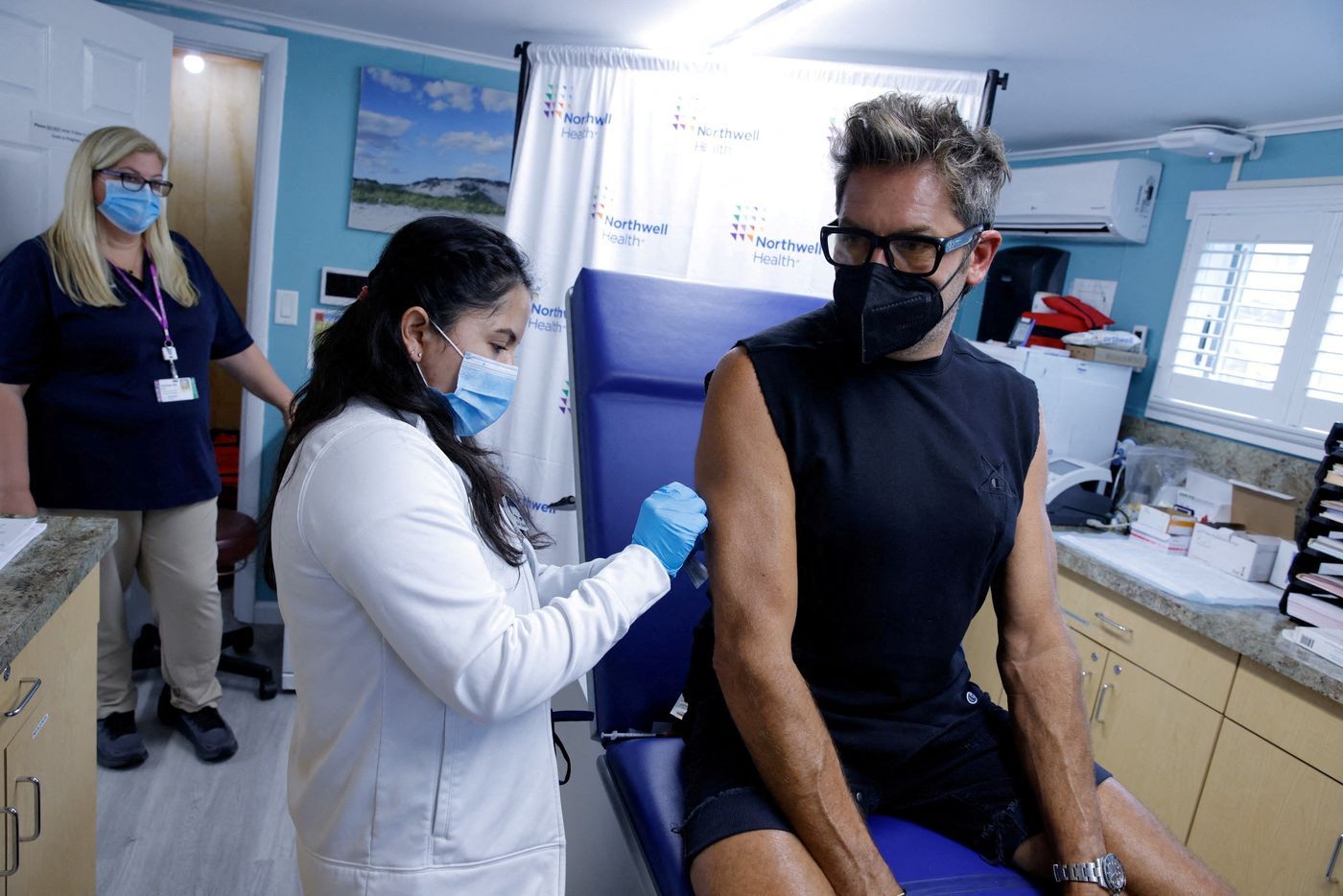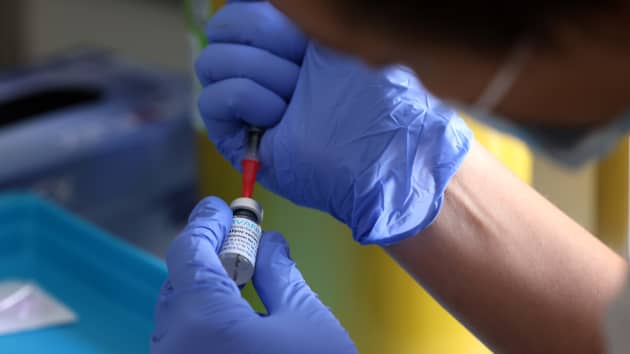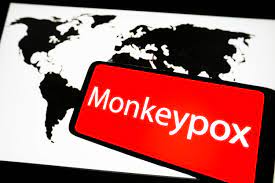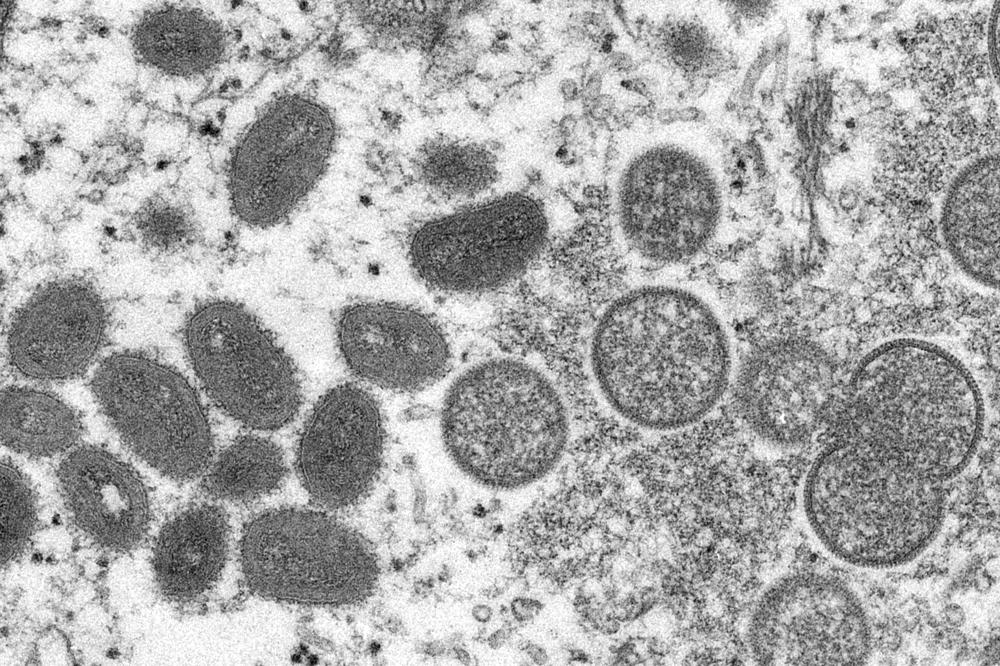Covid-19 public health emergency extended in the US
The Biden administration on Friday extended the Covid-19 public health emergency for another three months.
US Department of Health and Human Services Secretary Xavier Becerra officially renewed the declaration, extending it through October 13, 2022.
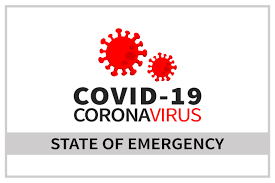
US Department of Health and Human Services Secretary Xavier Becerra officially renewed the declaration, extending it through October 13, 2022.
The emergency declaration has been in place since January 2020, and the latest renewal comes as the Omicron offshoot BA.5, the most contagious variant yet, continues to stake its claim in the US. Daily case rates, though vastly undercounted, are the highest they've been in months, as are Covid-19 hospitalizations and deaths.
Data published this week by the US Centers for Disease Control and Prevention shows that more than half of the country's population lives in a county with a "high Covid-19 Community Level," where the health care system is at risk of becoming overburdened and universal indoor masking is recommended.
"The Public Health Emergency declaration continues to provide us with tools and authorities needed to respond to the highly transmissible COVID-19 subvariants that are currently circulating around the country," a Biden administration official told CNN. "The PHE provides essential capabilities and flexibilities to hospitals to better care for patients, particularly if we were to see a significant increase in hospitalizations in the coming weeks."
Indeed, ensemble forecasts from the CDC published this week do predict that hospitalizations in the US will rise over the next month. It's the first time in weeks that the forecasts have predicted an increase in hospitalizations, instead of a stable outlook.
"Without the PHE in place, we would be limited in our ability to provide broad and equitable access to lifesaving treatments through our Test to Treat initiative, for example, which relies on flexibility for telehealth and operations," the official said. "Not renewing the PHE would leave us with fewer tools to respond and mean more Americans would get severely ill and end up in the hospital."
The public health emergency declaration allows many Americans to obtain free Covid-19 testing, therapeutic treatment and vaccines. Once it ends, people could face out-of-pocket costs depending on whether they are covered by Medicare, Medicaid or private insurance. But vaccinations would generally continue to be free for those covered by Medicare and private insurance, while state Medicaid programs would determine whether to continue covering vaccinations for their enrollees.
Also, Medicare has relaxed the rules governing telehealth so that many more beneficiaries can access such services during the declaration. Telehealth services are no longer limited just to those living in rural areas, and enrollees can conduct visits at home, rather than having to travel to a health care facility, and they receive a wider array of services via telehealth. These flexibilities will end for most beneficiaries after the emergency expires.
And states are not involuntarily disenrolling residents from Medicaid during the declaration, in exchange for receiving more generous federal matching funds. As many as 14 million people could lose Medicaid coverage after the emergency ends, according to separate projections by Kaiser and the Urban Institute.
Plus, many low-income families are receiving enhanced food stamp benefits thanks to the declaration, though some states have ended their own public health emergencies and stopped the beefed-up allotments.
A separate emergency declaration allows for the emergency use authorization of testing, treatments and vaccines. Its end date will be determined by the secretary of the US Department of Health and Human Services.
Its end date will be determined by HHS, and the agency has committed to provide at least 60-day notice before any change
